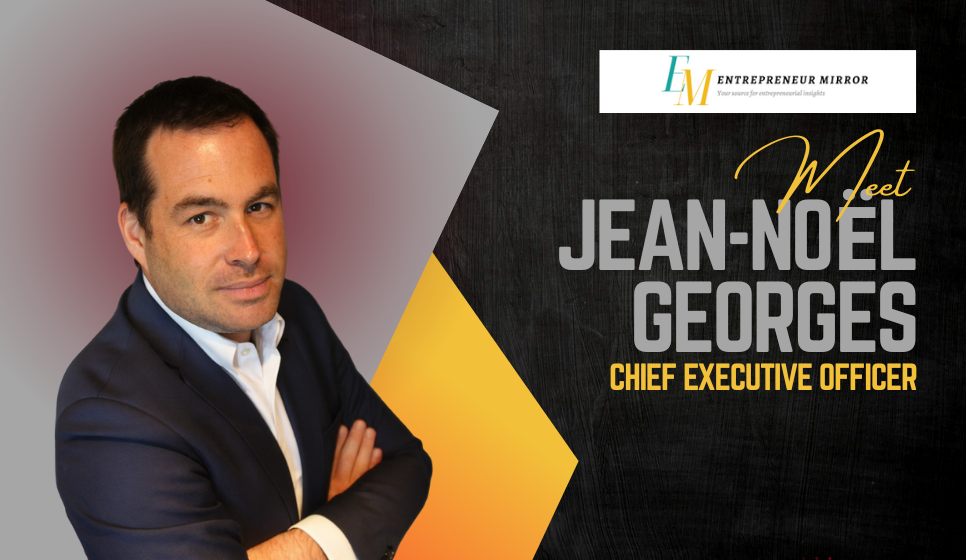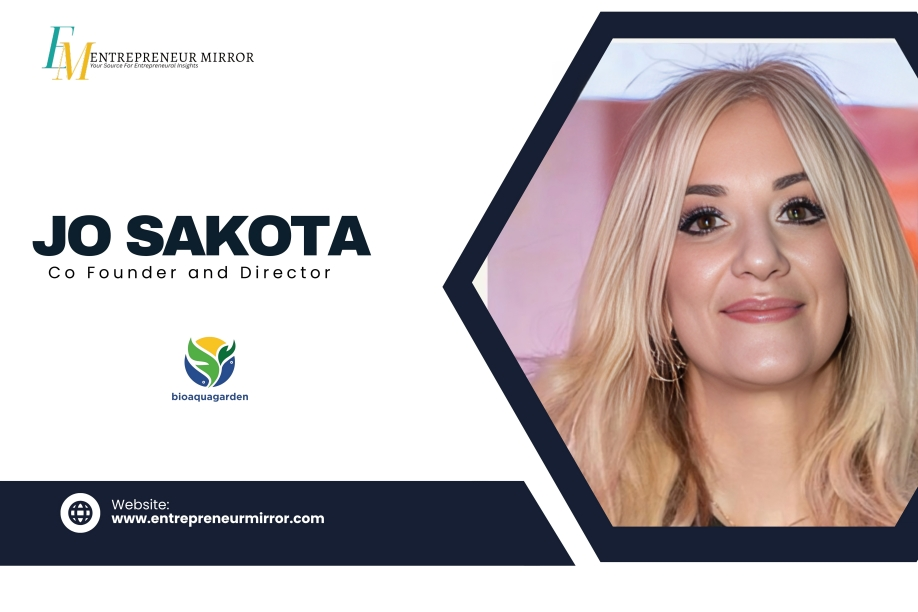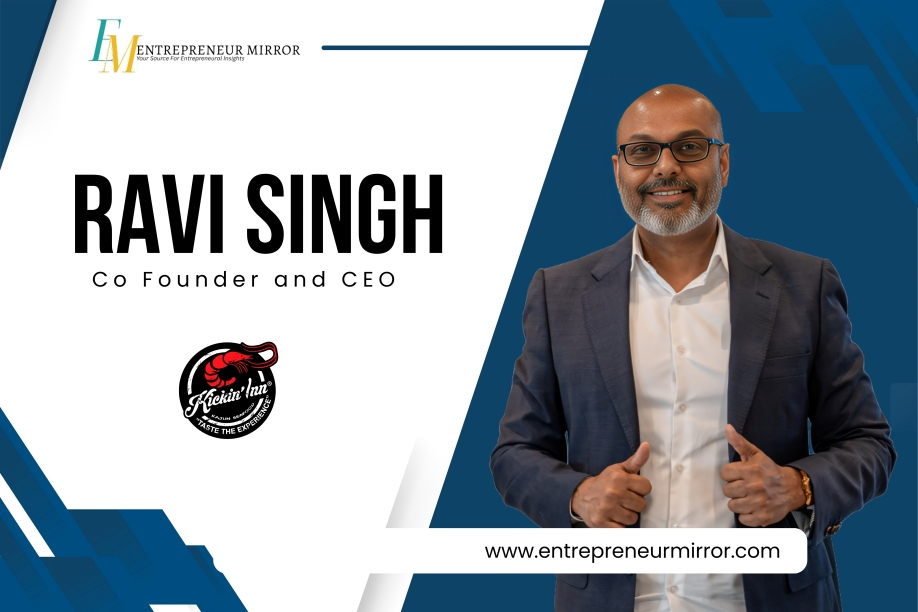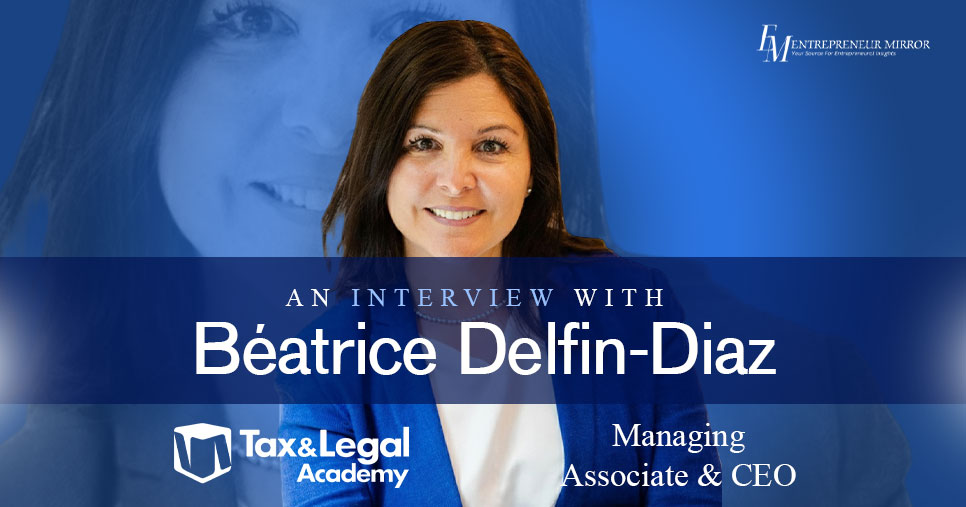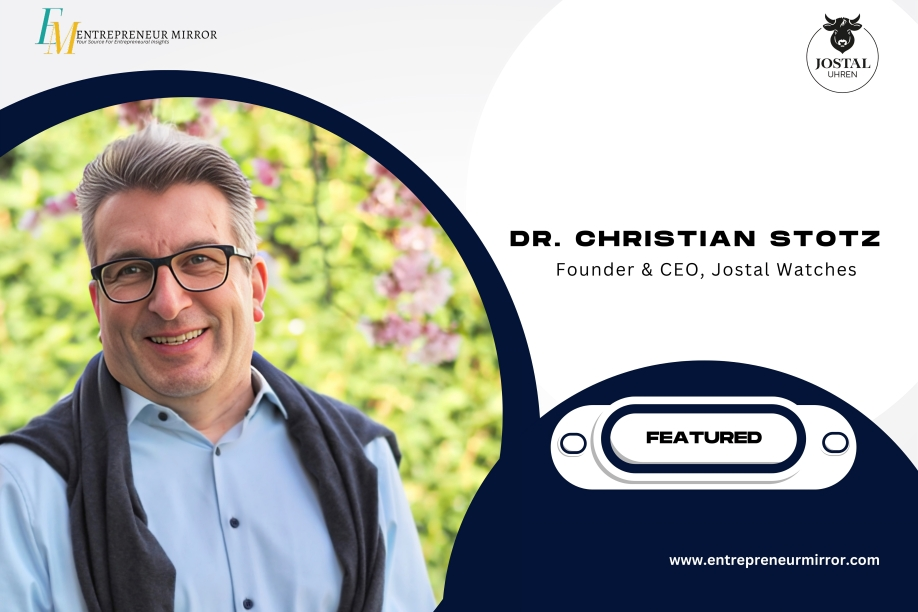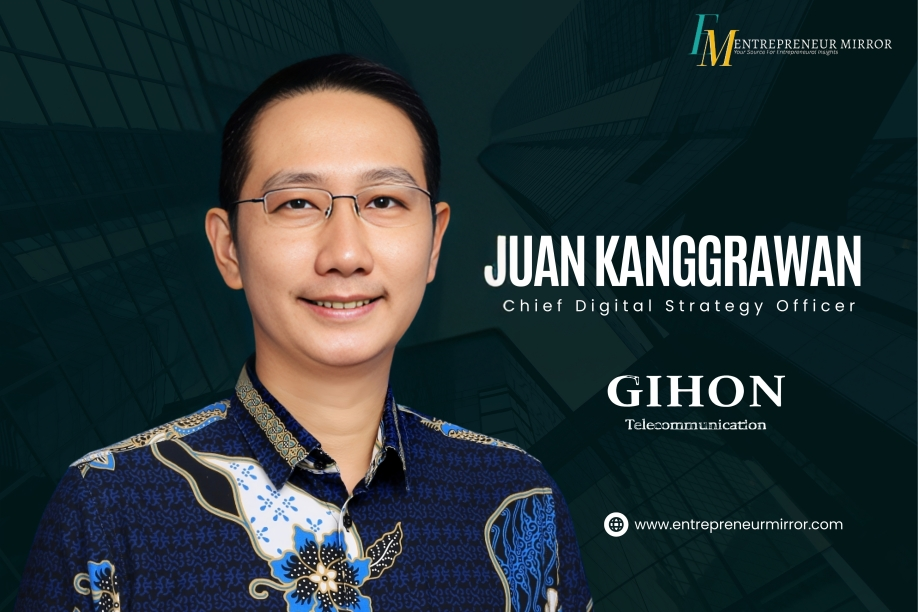For work-related assistance, ChatGPT proved to be a useful tool for 27-year-old Sara (name changed upon request). She utilised it to receive advice on the move, clarify concepts, and verify facts. But it quickly started to change to something more.
I started using it while I was going through emotionally taxing times at work, in my family, and even in relationships,” she added. I adore how it reads my mind and evaluates everything. It offers me a different viewpoint, and I love the sense of security it provides. It gives me the impression that my emotions are real.
Sara gradually began utilising ChatGPT to examine her personality and routines. She remarked, “It became like a coach, helping me understand myself better.” Even if it’s only to become more self-aware, I’d really like to attend therapy someday. However, therapy might occasionally be costly and out of reach. Having something covert, confidential, and accessible around the clock is quite reassuring. Particularly when I sense the onset of a panic attack.
The growing tendency of children using ChatGPT for mental support is “not surprising,” according to experts, but it is very “concerning” for several reasons. “The fact that more youth are using ChatGPT and other AI platforms for emotional support is not surprising,” Dr. Alexandre Machado, a clinical neuropsychologist at the Hakkini mental health clinic in Dubai, stated.
Also Read:
Meet The Mavericks: Top 10 Leaders Leading the Future in 2025
Top 10 Global Women in Business for 2025 – Women’s Day Edition



